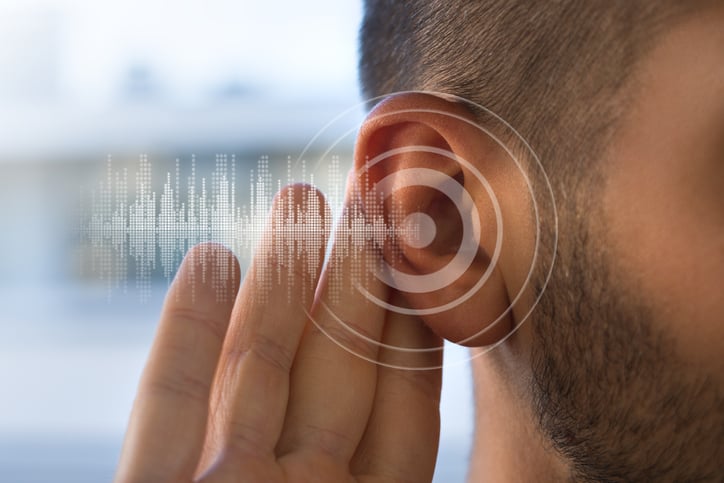—
Neglecting your hearing and ear health can be easy. Often, men do not prioritize their hearing and ear health until they have already experienced hearing loss, at which point it can be too late to reverse the damage.
Statistically, men are twice as likely as women to develop hearing loss between the ages of 20 to 69. Beyond the age of 70, hearing loss becomes widespread among men and women, and nearly half of adults over the age of 75 experience some form of hearing loss. At earlier ages, hearing loss is more likely to be preventable, and practicing better hearing health habits can help you avoid hearing loss.
These habits will help you protect your hearing today and as you age.
1. Regular Hearing Screening After Age 50
Routine hearing screening will help catch hearing loss early on. The World Health Organization recommends that adults over the age of 50 who have not noticed hearing loss should have their hearing screened every 5 years. The Mayo Clinic also recommends having a baseline test done at age 65.
Screening is not necessarily the same as a full hearing test. A full hearing test will be conducted by an audiologist when a patient reports experiencing symptoms of hearing loss, such as ringing in their ears or difficulty following conversations in busy environments.
You can have your hearing screened or tested by an audiologist such as Toronto Hearing Consultants. They will explain the results of your test and help you find an appropriate treatment, such as a hearing aid.
2. Wear Ear Protection in Loud Environments
Noise exposure is the second-leading cause of hearing loss after age. Exposure to loud noises can permanently damage your hearing and lead to lifelong consequences. Damage can happen if you are exposed to a single very loud noise, such as fireworks within close range (3 feet), firearms, jackhammers, sirens, pneumatic drills, and jet planes.
Repeated exposure to loud but less dangerous noise can also result in hearing loss. Dangerous sources of noise include:
- Concerts
- Snow blowers and leaf blowers.
- Chainsaws
- Food processors.
- Motorcycles
- Gas mowers.
- Subways
Wearing earplugs or protective equipment can protect your ears in these situations. Nearly a quarter of incidents of Noise-Induced Hearing Loss happen at the workplace.
3. Limit Volume
In addition to loud noises at work or out in the world, the volume at which you listen to music, T.V., movies, or anything with headphones can also result in permanent hearing damage.
The World Health Organization recommends limiting volumes to 60% of the maximum available, and limiting the time spent listening to 60-minute sessions. Taking breaks allows your ears to recover.
Loud noises damage structures within your inner ear. In some cases, Noise-Induced Hearing Loss is only temporary, and your hearing will recover with time. However, permanent damage is also possible.
4. Talk to Medical Providers About Hearing Loss Risks
Hearing loss has also been attributed to comorbidities and medication. Chronic conditions such as diabetes, sleep apnea, high cholesterol, high blood pressure, and cardiovascular disease have been linked to hearing loss. Your medical provider may suggest more frequent hearing screenings.
Ototoxic medications can also cause hearing loss. Certain chemotherapy medications and antibiotics have been linked to hearing loss. Make sure you talk to your medical provider if there is a history of hearing loss in your family or concerns that you have had individually.
These habits will help you protect and preserve your hearing and ear health.
—
This content is brought to you by Rob Teitelman
Publisher: Source link




